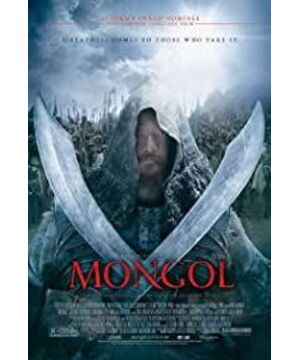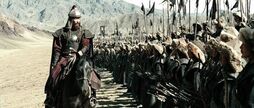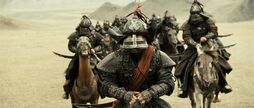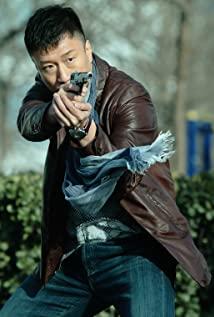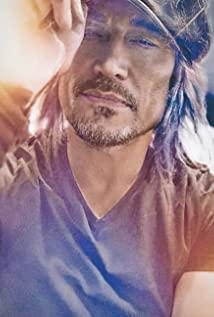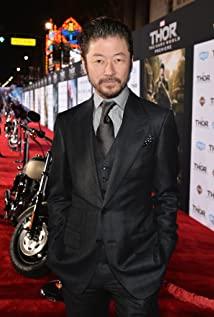But the real story is a bland one. A little wolf cub without the protection of his father, of course, only was caught and fled, and escaped his life. A person who has achieved great things will not have the courage to be fearless if he has not had countless close encounters with death. Finally, Zamuhe asked Temujin, the Mongols are afraid of lightning, why are you not? Temujin said, because I have nowhere to hide, I am not afraid. In those days of flight, on the Mongolian prairie of Yimapingchuan, Temujin may have experienced countless nights when he was scared to cry by lightning, but had nowhere to hide. It was these desolate nights that made the greatest king of Eurasia.
The authenticity of the film is also reflected in the choice of language and soundtrack. On the steppe, the only language is Mongolian, and all other languages are unable to express that simplicity and heroism. A Russian film, choosing Mongolian as the original language, is evident in its dedication to realism. As for the music, the Mongolian guttural sound throughout the film is a highlight. This is a man's film, and there must be man's music. Uncle Hu Songhua's "Horse, run slowly" is a bit sissy in comparison. But Chinese directors, nine out of ten are sissies, don't think that you can't see you as a sissy if you have a beard. I especially like the soundtrack at the end of the film. First there is a guttural sound with a long aftertaste, then there is a light rock with a matouqin interspersed, and finally it is transformed into Mongolian Rap. It doesn't sound like an ordinary person's work. I looked it up and the soundtrack was Tuomas Kantelinen, a master figure. As a foreigner, being able to combine Mongolian guttural sounds and matouqin with rock and roll is so natural and unpretentious. It is really impressive.
Finally, I really want to commend Sun Honglei. The facial expressions are so rich that people can see at a glance that he is a Chinese actor born in a professional class. If he hadn't looked so much like a Mongolian, the role would have been smashed. The Mongolians are a nation with a dull appearance and a rich heart. We're not doing a TV series, we don't need drama. Hey, forget it, I'm too demanding. In fact, Honghong's performance is not bad. It may be because of her lack of confidence in the language, and she has unknowingly increased the strength of her physical performance. No wonder it is difficult for him.
View more about Mongol: The Rise of Genghis Khan reviews


